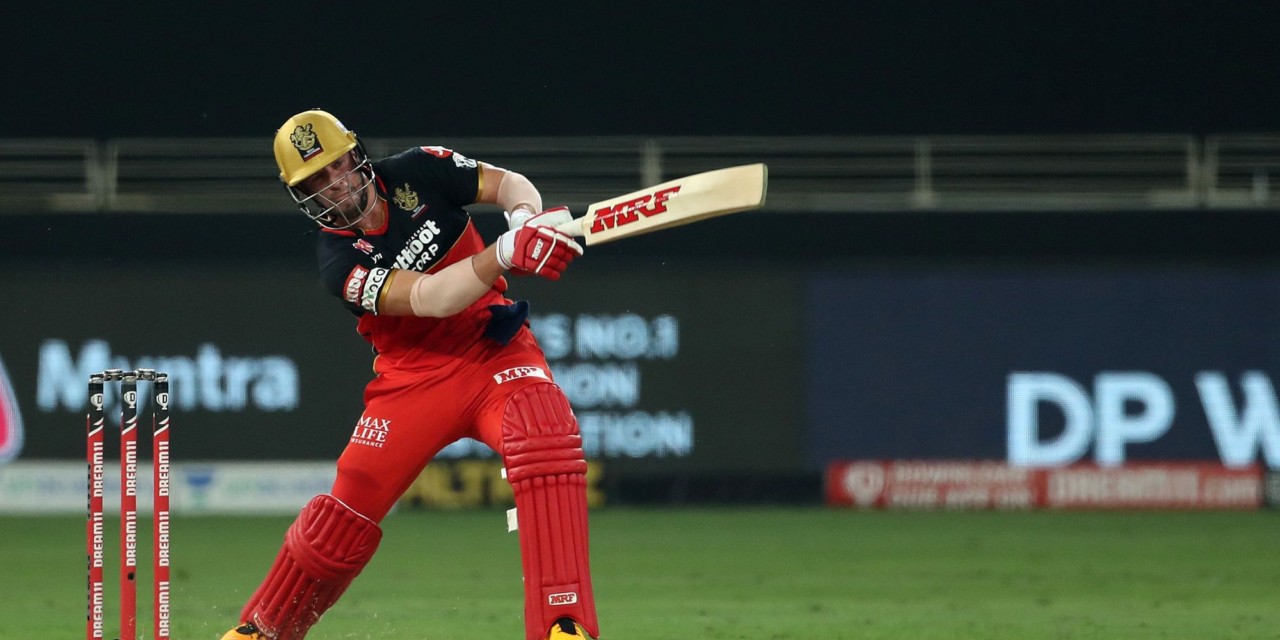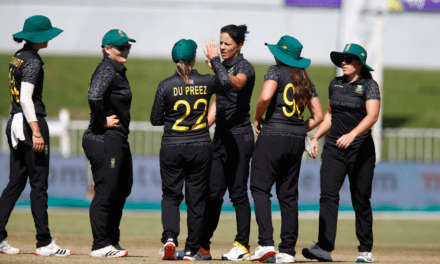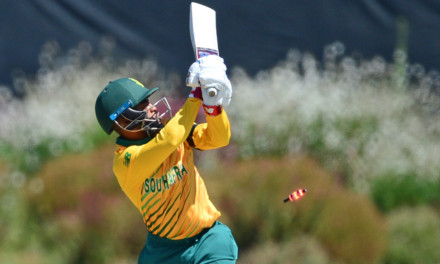Abraham Benjamin de Villiers, first seen in South African colours in 2004, and who went on to become one of the greatest cricketers of all time, has decided to retire from all cricket. This piece is an assessment of De Villiers’ career from the perspective of an Indian fan.
AB de Villiers made his debut for South Africa in December, 2004. At the time, the familiar names in South African cricket were Graeme Smith, Herschelle Gibbs, Jacques Kallis, Mark Boucher, Shaun Pollock, and Makhaya Ntini. As a result, de Villiers, for the most part, flew under the radar.
On the international stage, it was De Villiers’ performances in the 2007 50-over World Cup, against the West Indies and Australia, in particular, that I first noticed his exceptional talent. Following these two important knocks, De Villiers’ double-century against India in a Test match in Ahmedabad, where he would go on to play many more match-defining innings, made him a talked-about figure in many of the conversations I had with other cricket fans.
Over the years, the evolution of De Villiers’ batting coincided with the growth of the Indian Premier League. After three relatively low-key years with the Delhi Daredevils, De Villiers played for the Royal Challengers Bangalore for eleven seasons, where he was wholeheartedly embraced by the city of Bangalore. In addition to chants of RCB-RCB-RCB, the crowd soon began chanting ABD-ABD-ABD, as de Villiers first demonstrated his extraordinary 360-degree play while taking down his South Africa teammate, Dale Steyn, for 23-runs in an over.
I was enchanted, as was most of cricket-loving India because we saw a once-in-a-generation batter inspire a paradigm shift in the art of batting. In subsequent IPL seasons, and South Africa’s tours of India, AB de Villiers would get the sort of crowd support that only Indian legend, Sachin Tendulkar, received during his playing days. De Villiers was, undoubtedly, the most loved overseas player in cricket-crazy India. The love was mutual, as de Villiers indicated in his final retirement video, “I think I’ve become half-Indian over the years.”
As awestruck as I was watching de Villiers’ pyrotechnics in white-ball cricket, I was equally impressed with the versatility he demonstrated in Test cricket. De Villiers could hit a 75-ball century, as he did against India in 2010, and he could also showcase his resilience in blockathons such as the 33 off 220 balls against Australia and 43 off 297 balls against India. After Sachin Tendulkar, who was my childhood hero, I firmly believed AB de Villiers was the most gifted batter of all time. No matter where in the world I was, if AB de Villiers was batting, I would find a way to watch.
In the summer of 2015, however, I was distressed to hear murmurs of de Villiers contemplating retirement from Test cricket. Given he was 31 at the time, I thought he had at least seven years of international cricket left in him. De Villiers would go on to take a two-year sabbatical from Test cricket, with many in South African cricket criticizing him for “picking and choosing” the formats he wanted to represent South Africa in.
Additionally, there were aspersions cast that de Villiers prioritized the money that came from playing T20 cricket in leagues across the world over playing for South Africa. I was disappointed with the negativity surrounding de Villiers, but it didn’t matter a whole lot to Indian fans because he was still weaving his magic around the IPL year after year. In hindsight, de Villiers and Cricket South Africa should have managed his workload better. Playing three formats, in addition to the IPL, would leave most players exhausted. While the IPL and international white-ball cricket needed de Villiers, Test cricket was also crying for crowd pullers like him.
De Villiers announced his return to Test cricket in the 2017-18 season, with key series against India and Australia. I had the privilege of watching de Villiers and Faf du Plessis put on a 100-run partnership in the New Year Test against India at the Newlands, which South Africa eventually won.
De Villiers’ series-winning century against Australia at Port Elizabeth swung the momentum in South Africa’s favour, as the Proteas won a Test series against Australia on home soil for the first time since readmission. The fans, myself included, were reminded of de Villiers’ importance to Test cricket and hoped that he would continue playing all formats for a few more years, given his claim that he felt rejuvenated after a two-year sabbatical from Test cricket.
Alas! It was not to be. AB de Villiers announced his retirement from international cricket in May 2018, a month after the massively engaging series against Australia. I was terribly disappointed with his decision, and simply could not fathom that de Villiers, at the age of 34, would retire after, excitedly, announcing a comeback earlier in the season.
One of de Villiers’ reasons for his retirement was the demanding international cricket calendar, which required him to spend extensive periods of time away from his family. As an Indian cricket fan, it was hard for me to accept his reasons for retirement because Sachin Tendulkar played international cricket for 24 years, Rahul Dravid played international cricket for 16 years, MS Dhoni played international cricket for 15 years, and the reasons for their retirement revolved largely around form, fitness, and the availability of younger players waiting in the wings.
The legends in Indian cricket have devoted their lives to the game from a young age, and were committed to playing it for as long as they were able. The hunger of Indian cricketers to represent India in international cricket was almost taken for granted by fans. To then see a 34-year-old De Villiers talk about being “tired” of the grind of international cricket was incredibly challenging.
This week, De Villiers announced his retirement from all forms of cricket. Rich tributes have, deservedly, poured in from all over the cricketing world. De Villiers has, forever, changed the game of cricket as a player. If he is ever so inclined, it would be hugely beneficial to younger players to have him as a coach or mentor. In the meantime, go well, AB!











